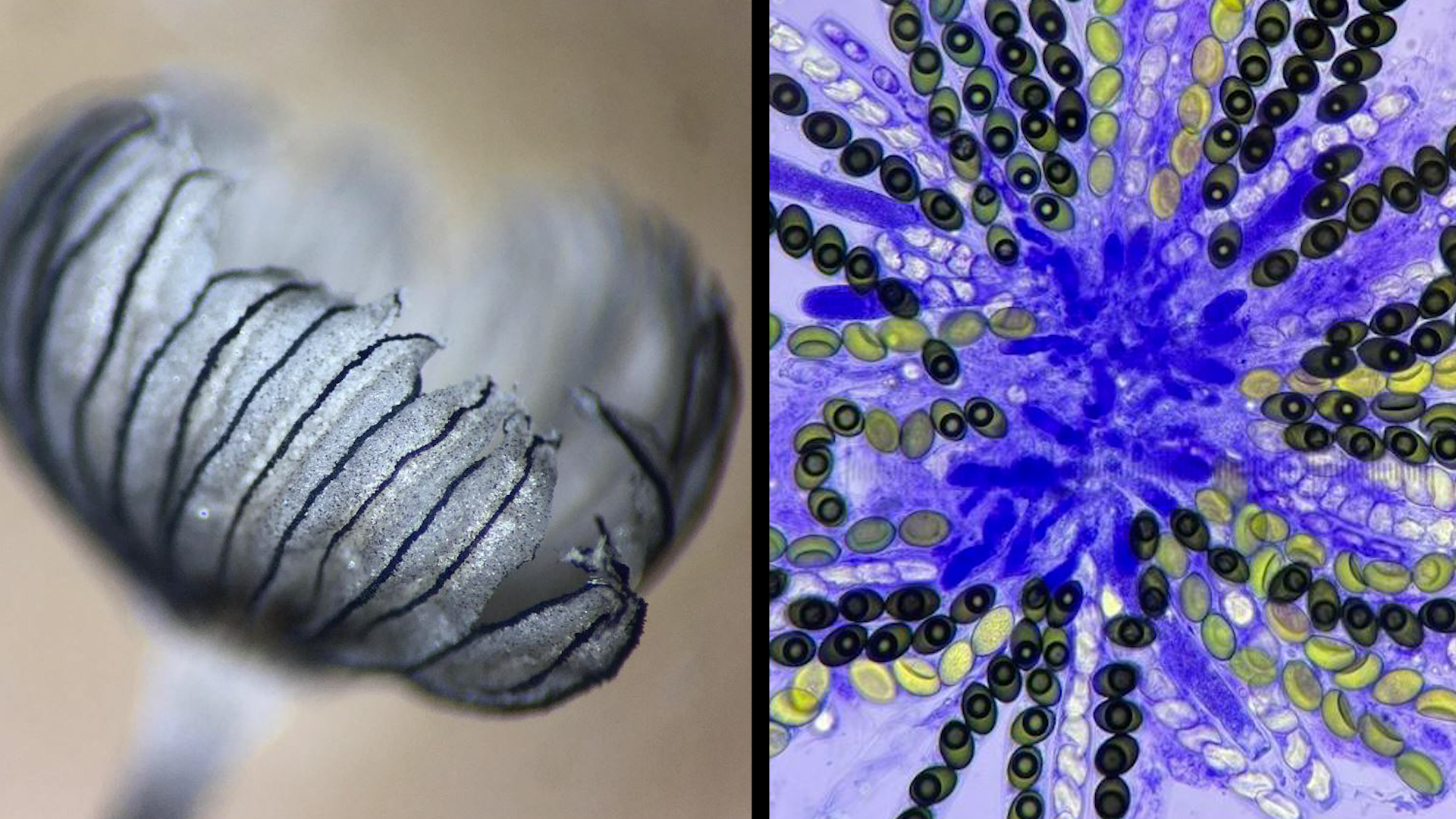One collective of New York mushroom aficionados is making a push with two active pieces of legislation officially designating a fungus to join the company of other state symbols.
The New York Mycological Society (NYMS) is a not-for-profit organization dedicated to raising awareness and educating the public on the conservation of fungi. The club is over 60 years old and founded by avant-garde composer John Cage.
Enrollment has doubled since the start of the COVID pandemic with about 1,400 current members –something that the club’s president, Sigrid Jakob, credits to the current “shroom boom.”
“There is a shroom boom going on right now, and it’s because people are discovering these many different aspects of fungi. Sometimes, people get a little bit ahead of the science, like ‘ Mushrooms will save the world!'” Jakob told NBC New York.
The NYMS introduced two new bills, State Senate Bill A1919 & State Assembly Bill S1854, for a state mushroom. The club is campaigning for Lactarius peckii, or Peck’s Milk Cap, because of its symbiotic role in the forests, supplying plants with minerals in exchange for sugars.
The species has state ties as it was first discovered by New York female mycologist Gertrude Simmons Burlingham in 1908. The bill is currently in committee and referred to Investigations and Government Operations under the New York State Senate.
Fungi can be seen as climate warriors playing a vital role in decomposing and recycling organic material in the environment, such as fallen branches or leaves, but also sequester greenhouse gases underground.
To date, the NYMS has encountered and kept records of about 1,500 different species of fungi in New York City parks alone. Common fleshy edibles like turkey tail mushrooms can be found by residents during popular foraging months in summer and fall.
Jakob grew up picking mushrooms in Germany and originally did not think New York would have a place for like-minded individuals until she found the NYMS. When she is not working for her daytime job in marketing, this environment enthusiast is diving into fungal DNA, particularly species that live on scat.
“There are hundreds of species that make dung their home, and they are incredibly gorgeous but you have to look at them under a microscope — incredibly small, but absolutely stunning,” Jakob said.

About the New York Mycological Society
The present-day NYMS was founded in 1962 by composer, lecturer and avid mycologist John Cage as well as a group of other mushroom enthusiasts and students, which included illustrator Lois Long (best known for her textile designs featuring mushrooms) and noted botanist Guy Nearing, considered an authority on mushrooms, according to the organization.
As time passed, the NYMS came to exist thanks to a popular class on mushroom identification that Cage had been teaching for years at that point in time.
The NYMS, which describes itself as “a mushroom club for anyone with an interest in fungi,” says that as a non-profit it believes “that passionate, knowledgeable amateurs are important contributors to science and fungal conservation.”
In order to meet its mission of educating the public about fungi while fostering an inviting environment for those interested in science and conservation, the organization offers: walks every weekend of the year, rain or shine; a lecture where experts cover a variety of scientific topics; the ability for members to build upon skills related to fungi (like identifying different species of these organisms and DNA barcoding) through workshops; among other offerings.
The NYMS also has a relationship with the arts and has plans to kick off its first NYMS Myco Film Festival this upcoming October in New York City. The festival aims “to showcase the fascinating world of mycology and provide a platform for looking at and thinking of mycology in bold new ways (beyond popular culture’s limited fixation on magic mushrooms).”




0 Comments